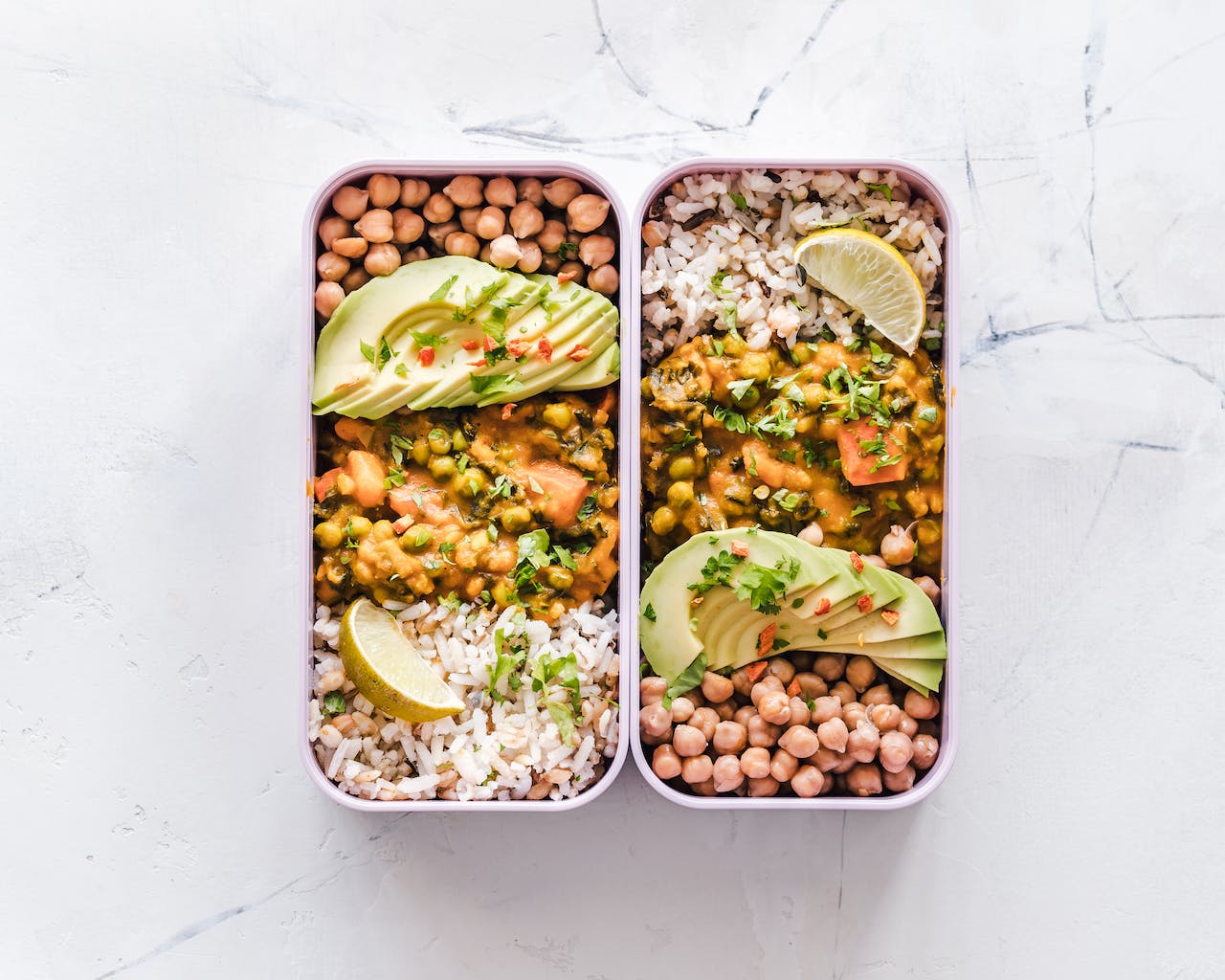
Mastering Meal Prep: A Guide to Efficient Weekly Meal Preparation
In the hustle and bustle of everyday life, finding time to prepare meals can be challenging. However, with a little planning and organization, meal prepping can become a game-changer, saving both time and stress throughout the week. Whether you’re a busy professional, a student, or a parent managing a household, adopting effective meal prep strategies can simplify your life and contribute to healthier eating habits. Here’s a comprehensive guide to mastering meal prep for the week.
Plan Your Menu
Start by planning your meals for the upcoming week. Consider your dietary preferences, nutritional needs, and any specific goals you might have. Make a list of breakfasts, lunches, dinners, and snacks you intend to consume. Incorporate variety to prevent meal fatigue, but also keep it manageable.
Create a Shopping List
Once you have your menu planned, make a detailed shopping list. Organize it by categories (produce, proteins, grains, etc.) to streamline your shopping experience. Stick to your list to avoid impulse purchases and ensure you have all the necessary ingredients for your meal prep.
Set Aside Dedicated Time
Allocate a specific time in your schedule for meal prepping. This could be a few hours during the weekend or a weekday evening when you have some free time. Consistency is key, so try to stick to this routine to establish a habit.
Invest in Quality Containers
Invest in good-quality, airtight containers in various sizes to store your prepped meals. Opt for containers that are microwave and dishwasher safe for convenience. Mason jars, reusable silicone bags, and compartmentalized containers can be excellent choices for storing different types of food.
Batch Cooking
Prepare larger quantities of certain foods that can be used in multiple meals throughout the week. Cook grains like rice, quinoa, or pasta in bulk. Roast a big batch of vegetables or grill a large amount of chicken, tofu, or other protein sources. This simplifies meal assembly during the week.
Portion Control
Divide your meals into individual portions to ensure you have the right serving sizes. This practice helps prevent overeating and ensures that each meal contains balanced portions of protein, carbohydrates, and vegetables.
Utilize Freezer Meals
Some meals can be prepared and stored in the freezer for later use. Soups, stews, casseroles, and sauces are excellent candidates for freezing. Portion them out and label them with the date to keep track of freshness.
Rotate Recipes
Keep things interesting by rotating your meal options every week. Experiment with new recipes to avoid monotony. Consider seasonal ingredients to add variety and freshness to your meals.
Stay Organized
Maintain an organized fridge and pantry. Label containers with dates and meal names to easily identify them. Keep the fridge clean and tidy to ensure food stays fresh longer.
Flexibility is Key
While planning is essential, being flexible is equally important. Life can be unpredictable, and you might not always stick to your meal plan. Adaptability allows you to make adjustments and use your prepped ingredients in different combinations.
Conclusion
Meal prepping doesn’t have to be a daunting task. With proper planning and a few smart strategies, you can streamline your weekly meal preparation process, save time, reduce food waste, and ensure healthier eating habits. Experiment with different techniques and find what works best for your lifestyle. Remember, the goal is to make your life easier and more efficient while enjoying delicious and nutritious meals throughout the week.




